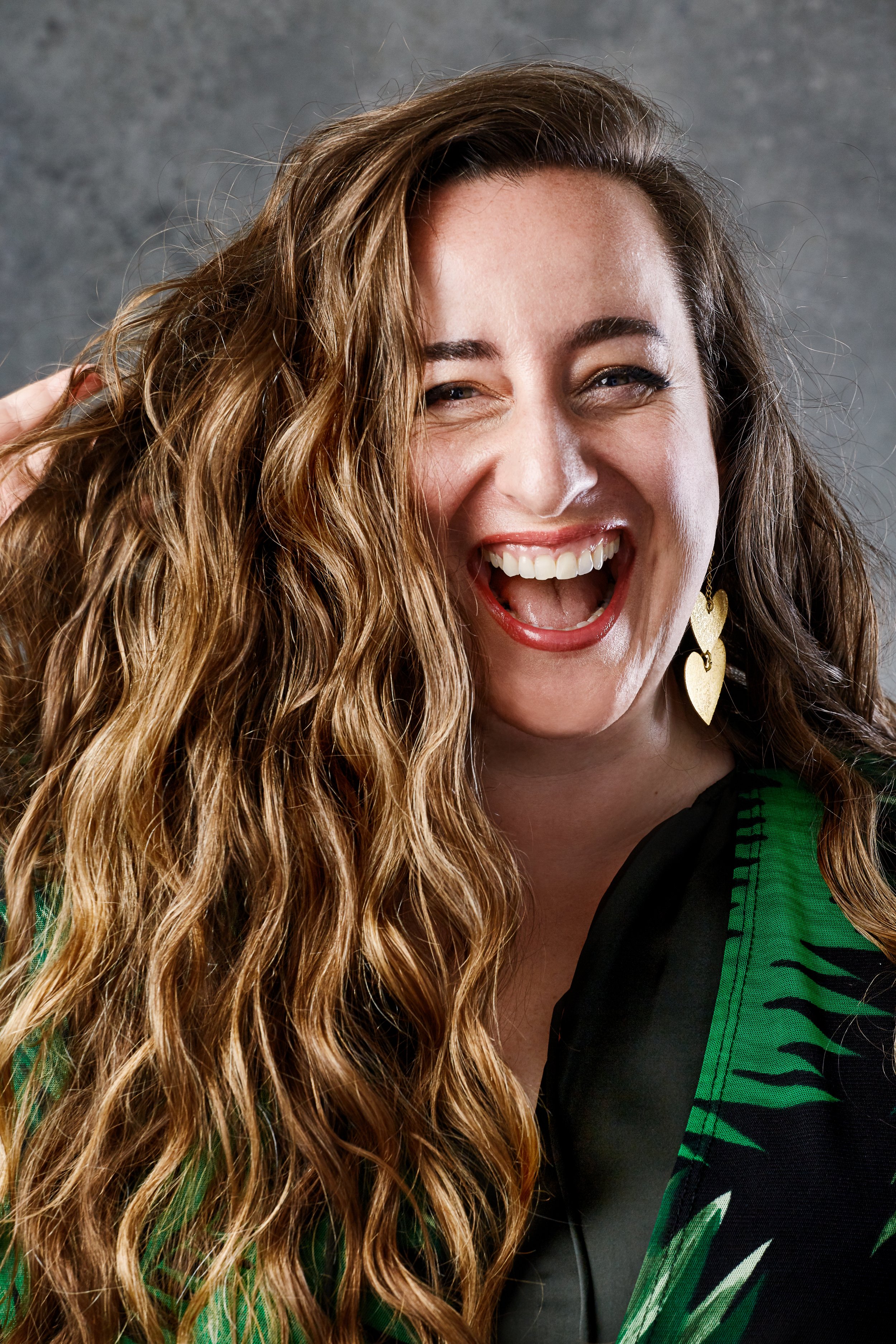
About
Susanna Kislenko, PhD
I was born in Odessa, Ukraine when it was still part of the Soviet Union and was a young child when we immigrated, as refugees, to Canada to begin our new life there. We arrived in Toronto in April, 1989 and the Berlin Wall came down just a few months later. So much of my life since then has been defined by existing in liminal spaces as an ongoing study of human nature. Appearing as though I belonged in a certain setting while knowing that a significant part of me was actually rooted elsewhere became my reality. That is what prompted me to move back to the European continent 25 years later and to live the borderless life I live today.
After completing an international business degree at the Schulich School of Business at York University, I spent my first career working in the non-profit / social enterprise sphere in Canada. Even though it is more common today, at the time, I was the only person in my business school cohort who pursued the route of mission-driven work. In most of the organizations where I worked during this first career, I was one of the few people with a business degree, often translating business terms to non-profit audiences and vice-versa.
Being a bridge across two worlds has always been my comfort zone.
Due to where I come from, I have also always been fascinated by the European experiment. When the European Union first allowed an Eastern European country into its sphere, my disbelief and fascination that such distinct worlds could be brought together in the interest of peace and economic harmony led me to study European integration at McGill University, where I completed a Masters in Political Science (International Relations) in 2008. I wanted to know how Western European countries felt about Eastern European countries entering the EU and I used the case of Spain for my analysis. In 2014, I actually made the move to Barcelona.
I returned to the continent where I came from and began the next chapter of my life in a place where I was, once again, a foreigner.
I was filled with various experiences, both in holding formal leadership roles myself and being part of organizations where founders were still leading. I had experienced and witnessed all kinds of leadership styles and was especially interested in the reasons why founders appeared to not always be the best leaders for their own organizations and particularly in the impact of a concept known as Founder’s Syndrome. I had experienced the effects of this workplace trauma directly and could not understand why the topic was not being researched or spoken about. It felt like no one was doing anything to understand it deeply enough to find solutions for preventing it. So I decided to do a PhD in the topic at IESE Business School.
Current Research and Thinking
During the doctoral process, my interests expanded out to studying founder leadership more broadly and across all sectors around the world, but my motivation always remained the same: to get to the bottom of the issues around founder leadership and Founder’s Syndrome more specifically in order to find a way to get this knowledge directly to the people who could benefit from it. This motivation led me to start The Founder Leadership Research Lab in 2025, existing between the University of Oxford and Carleton University, as a base for my ongoing research and to continue being the bridge and translator across multiple worlds.





